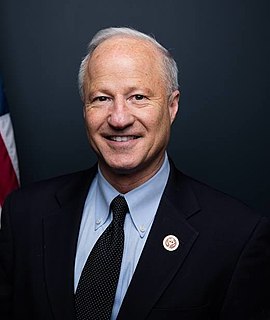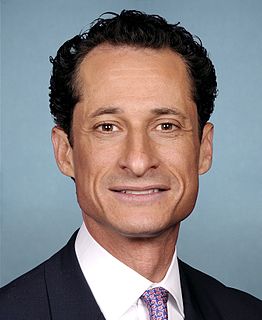A Quote by Mark Price
Low-wage workers are also consumers. It's just common sense: when these workers have more take-home pay it leads to spending that trickles up to benefit many small, locally owned businesses.
Related Quotes
I know firsthand that many employers who comply with other labor standards still hire the undocumented. Many businesses pay the minimum wage and have barely tolerable working conditions because there are sufficient undocumented workers willing to accept those terms. If we care about low-income workers in this country, we need to create pressure to improve their economic condition by reducing the supply of unauthorized workers.
Taking the politics out of setting the minimum wage provides fairness for workers and predictability for businesses. This legislation will also protect the most vulnerable workers and level the playing field for employers who play by the rules. These are the right steps to take; they will make Ontario a better place to work and run a business.
To the extent that our workers compete with low-paid Mexicans, it is as much through undocumented immigration as trade. This pattern threatens low-paid, low-skill U.S. workers. The combination of domestic reforms and NAFTA-related growth in Mexico will keep more Mexicans at home. It is likely that a reduction in immigration will increase the real wages of low-skilled urban and rural workers in the United States.
While there are many illegal immigrants in America who are good people, many, many, this doesn't change the fact that most illegal immigrants are lower skilled workers with less education, who compete directly against vulnerable American workers, and that these illegal workers draw much more out from the system than they can ever possibly pay back.
While there are many illegal immigrants in our country who are good people, many, many, this doesn't change the fact that most illegal immigrants are lower skilled workers with less education, who compete directly against vulnerable American workers, and that these illegal workers draw much more out from the system than they can ever possibly pay back.
Raising minimum wage doesn't just benefit the workers behind me, it creates a proven ripple effect that increases wages all the way up the scale. ... Let's get the facts straight, only 20 percent of people making the minimum wage are teenagers. The rest are hardworking adults, many of them with families, and I mean hardworking.
Union membership is not the sole guarantor of job security and a living wage, but nonunion factory workers do not enjoy the same protections as union workers. They're subject to exploitation, underpayment and lower standards of workplace safety - which is also often the case for manufacturing workers outside the United States.

































